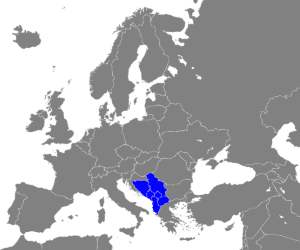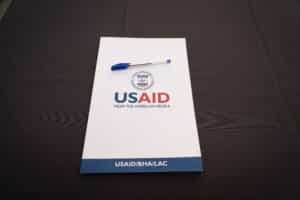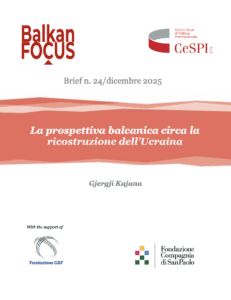Robert Golob, the big winner of Sunday’s election, in 2022 (WikiMedia Commons)
On Sunday 24 April, Slovenia was the last of the Western Balkans ‘triple-header’ elections after Serbia and Hungary. While in the latter, incumbent autocrat leaders extend their reign – Slovenia saw a significant shock at the polls. Populist PM Janez Janša, by many seen as responsible for Slovenia’s democratic backsliding, lost to the newcomer environmentalist Freedom Movement and its leader Robert Golob.
A big defeat
Janša’s Slovenian Democratic Party (SDS) received around 24 percent of the votes – 27 seats, and its main coalition partner New Slovenia–Christian Democrats around 7 percent. The Freedom Movement (GS) took 34 percent – 40 seats in parliament – thus winning with a wide margin. The social democratic party took 10 percent, 7 seats. They already stated they would join GS in a coalition, which would be sufficient for a parliamentary majority. The Left party seemed also inclined to join, meaning that Slovenia could have a wide leftist alliance as a coalition. With almost all votes counted, turnout stood at 69.5%, a high in the country’s election history.
“A referendum on democracy”
The high turnout could be explained by the dubbed importance of these elections. Janez Janša’s fourth term in office from 2020 to 2022 was characterized by a decline in democratic values, causing Slovenia to drop quickest on the Freedom House Index in recent years. In the style of Viktor Orbán, Janša attacked critical news outlets, appointed SDS loyalists in crucial positions and was involved in dubious deals with state-run enterprises.
Many expected Janša not to accept his defeat. And while SNS party members rumored that Russian interference could have caused his loss, Janša himself conceded defeat: “The results are what they are. Congratulations to the relative winner.”
Golob, who addressed his supporters via a video call after supposedly contracting covid-19, already anticipated upcoming work in restoring Slovenia’s democracy. He said “the objective has been reached: a victory that will enable us to take the country back to freedom. People want changes and have expressed their confidence in us as the only ones who can bring those changes.”
Many await Golob’s leadership as tens of thousands of Slovenians regularly attended anti-government protests in recent years to object to Janša’s autocratic style of leadership.
April’s crucial elections
While on April 3, Serbia and Hungary saw elections that extended autocratic power in the countries, April 24 resulted in a more positive note. Next to Golob, Emmanuel Macron is expected to secure a second term in the French Elysée, as he defeats populist, right-wing Marine Le Pen. For the European Union, the win of pro-democratic forces is always important. In the light of Russia’s invasion of Ukraine, it is now maybe more important than ever. Europe’s main focus will now be on October 2, which is (for now) the planned date of Bosnia & Herzegovina’s crucial elections.
Sources: The Guardian Politico Reuters
Photo: WikiMedia Commons



